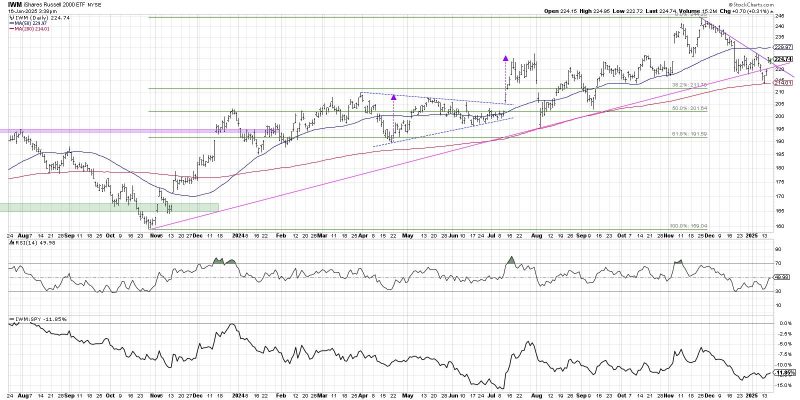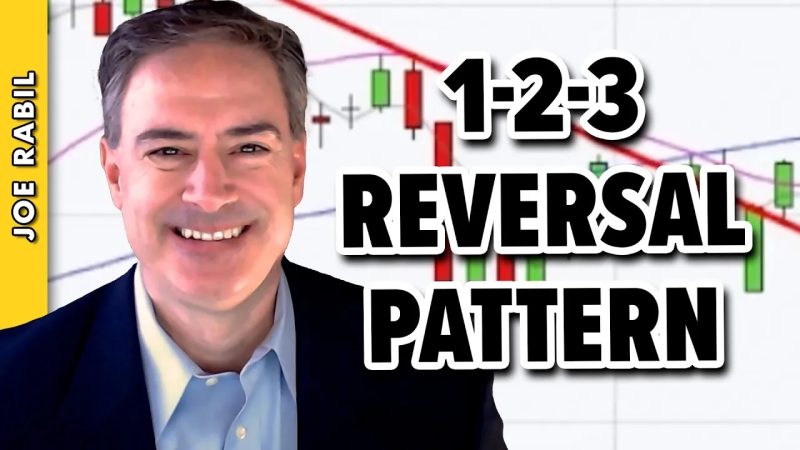The December Producer Price Index (PPI) came in cooler than expected, as equities rose in early trading, sold off, and then rebounded.
The Dow Jones Industrial Average ($INDU), S&P 500 ($SPX), S&P 400 Mid-Cap Index ($MID), and S&P 600 Small-Cap Index ($SML) closed higher. The Nasdaq Composite ($COMPQ) and the Nasdaq 100 Index ($NDX) closed lower. There’s concern the equity market is getting toppy.
Will the December CPI and bank earnings on Wednesday be able to juice the markets and turn investors optimistic? Let’s dive in.
FIGURE 1. THE STOCKCHARTS MARKET OVERVIEW PANEL. You can get a big-picture view of the entire stock market in this panel. Image source: StockCharts.com. For educational purposes.
Around the Market in Sectors
Utilities, Financials, Materials, and Industrials were the best-performing sectors, followed by Energy and Real Estate. The StockCharts Market Carpet below gives a bird’s eye view of Tuesday’s stock market’s performance.
FIGURE 2. STOCKCHARTS MARKETCARPET FOR TUESDAY JAN. 14. Utilities, Financials, and Industrials were the top three performing sectors.Image source: StockCharts.com. For educational purposes.
While Technology wasn’t the worst-performing sector — it eked out a 0.26% gain — the largest cap-weighted stocks were in the red. It was a similar scenario in the Communication Services and Consumer Discretionary sectors.
The Healthcare sector was the worst-performing sector on Tuesday, thanks to Eli Lilly’s loss of 6.59%.
Equity indexes have been chopping around. There needs to be more upside movement to confirm further bullishness.
The S&P 500 and Nasdaq are trading below their 21-day exponential moving average (EMA), which is trending lower. The moving average convergence/divergence (MACD) for both indexes is declining (see chart below).
FIGURE 3. S&P 500 INDEX AND NASDAQ COMPOSITE. The 21-day EMA and MACD need to reverse and turn higher to confirm a reversal.Chart source: StockChartsACP. For educational purposes.
The MACD line needs to turn upward and cross above its signal line to confirm a reversal. As of Tuesday’s close, it looks like it will be a while before that happens, but the stock market can shift on a dime.
All Eyes on Banks
Although the December Consumer Price Index (CPI) is expected on Wednesday, investors will have their eyes and ears peeled on bank earnings. Citigroup (C), JP Morgan Chase (JPM), Wells Fargo (WFC), and Goldman Sachs Group (GS) are up first. Bank earnings set the stage for earnings season, and strong reports from the big banks could fuel investor optimism, which the stock market badly needs. However, banks are an interest rate-sensitive industry group, and a hotter-than-expected CPI number could damper earnings. The dialing back of interest rate cuts this year is front and center in investors’ minds.
The SPDR S&P Bank ETF (KBE) is trading just below its 21-day EMA and the S&P Financial Sector Bullish Percent Index (BPI) is at 44.44 (see chart below). This is still not bullish — it’ll have to move above 50 — and the EMA needs to turn upward.
FIGURE 4. DAILY CHART OF SPDR S&P BANK ETF. Things haven’t looked rosy for banks since the end of November. What will it take to shake this interest-rate-sensitive group of stocks?Chart source: StockCharts.com. For educational purposes.
The bottom line: A hotter-than-expected CPI and lukewarm earnings from the banks could send the broader indexes lower. Investors seem to be somewhat nervous, so it’s not surprising to see the broader indexes grinding sideways. Add to that the possibility of only one interest rate cut in 2025 and uncertainty surrounding the incoming administration, and you have a situation where you need that inflation number to be cold and bank earnings to be stellar to see positive price moves. You don’t want to miss Wednesday’s stock market action.
Disclaimer: This blog is for educational purposes only and should not be construed as financial advice. The ideas and strategies should never be used without first assessing your own personal and financial situation, or without consulting a financial professional.




